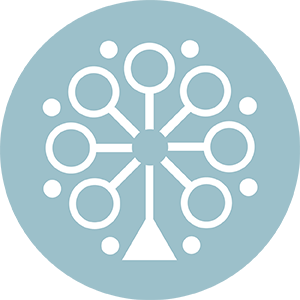Neurodiverse Staff Well Suited to a Changing World
People with autism, ADHD, dyspraxia and dyslexia bring unique skills to the workplace.
Credit: The Times
According to the Neurodiversity Employers index, released last year by the charity Autistica, only 30 per cent of organisations have a clear neuro-inclusion strategy but studies suggest that teams with neurodivergent professionals can be up to 30 per cent more productive. Neurodiverse individuals often excel in areas like pattern recognition, creativity and detailed focus, offering insight beyond neurotypical staff.
Kate Griggs of Made By Dyslexia believes neurodivergent staff have many of the skills needed to thrive in the modern workplace. “Dyslexic thinkers are not just equipped for the future of work, they are essential to it,” she says.
“AI is reshaping the workforce and demanding a different kind of intelligence — one that is driven by creativity, problem-solving and human skills. These are precisely the skills that dyslexic thinkers have in abundance, yet they’re too often overlooked by traditional systems.”
BUT.
The recent CIPD “Neuroinclusion at work report” said that just 51 per cent of managers appreciate the value of neurodiversity and only 46 per cent felt capable of supporting neurodivergent staff.
Tips for nurturing neurodivergent employees
Consider your processes: Real inclusion is about systematically removing the barriers that prevent neurodivergent people from thriving in the first place, from hiring, onboarding and through the employee lifecycle.
Allow control over working conditions: Access to quiet spaces, the option to work remotely when needed, or simply choosing where they sit in a meeting are helpful. Productivity and wellbeing can thrive in different environments.
Rethink business expectations: Things like mandatory after-work drinks, overnight stays for conferences or reliance on public transport can be significant barriers. Saying no to these things shouldn’t mean a dead-end career.
Reconsider team-building: Online team-building activities or scheduled one-on-one interactions can work better for some than informal, social gatherings.
Adjust communication norms: Provide written instructions instead of verbal briefings, allow time to process information before responding and embrace written reports instead of on-the-spot pitches.
Feedback: Set up detailed feedback mechanisms where neurodivergent employees can express what helps them perform best.
Building a long-term support system: Inclusion isn’t a one-time initiative; it requires a sustained effort to dismantle deeply ingrained biases and reshape systems.
If you’re neurodivergent in accountancy or professional services we’d love to hear from you.


